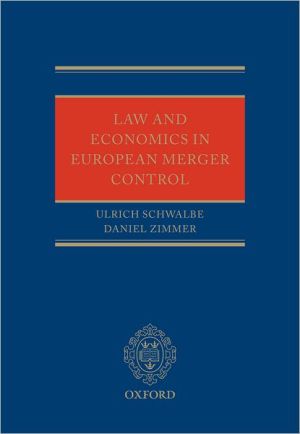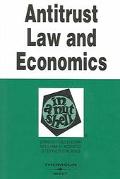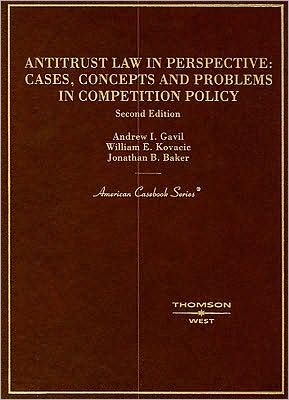Law and Economics in European Merger Control
Law and Economics in European Merger Control provides a thorough introduction to the economic theory underlying the regulation of mergers. The central economic concepts of efficiency and welfare are introduced and their role in the foundations of competition law is explained. Market structures of perfect competition, monopoly and oligopoly are analysed and the methods for delineating and evaluating the effects of mergers on markets are explained.\ Having examined the economic context, the...
Search in google:
Law and Economics in European Merger Control provides a thorough introduction to the economic theory underlying the regulation of mergers. The central economic concepts of efficiency and welfare are introduced and their role in the foundations of competition law is explained. Market structures of perfect competition, monopoly and oligopoly are analysed and the methods for delineating and evaluating the effects of mergers on markets are explained.Having examined the economic context, the book then proceeds to offer an exhaustive analysis of the application of economic theory in the practice of merger regulation in Europe. Through an analysis of more than 300 competition cases the book critiques the current state of EC competition law against its economic aims, and offers views for the future development of the law. It also sets out an account of the European Commission's search for a 'more economic approach' to competition law, and analyses the policy's successes and failures.
Introduction Part 1: Economic Foundations Efficiency concepts in economic theory Competition and efficiencyPart 2: Market Power, market dominance and market definition Market power and price elasticities Market power, market dominance and effective competition - economic and legal aspects Determining market power and market dominancePart 3: Effects of changes in market structure Introduction Single market dominance Non-coordinated effects Coordinated effects and collective dominance Other factors relevant to the assessment of mergers ConclusionLiterature








